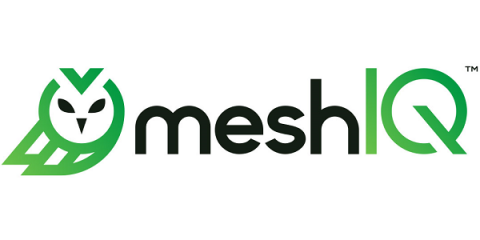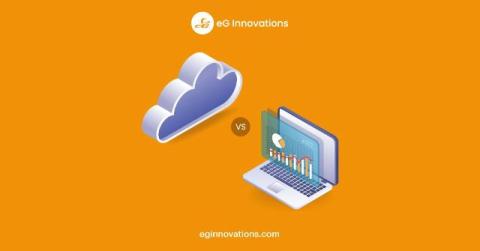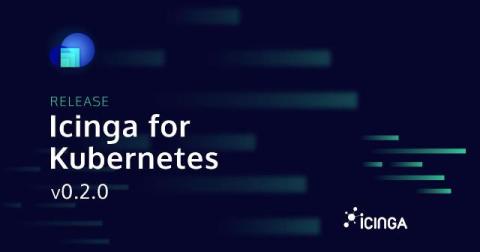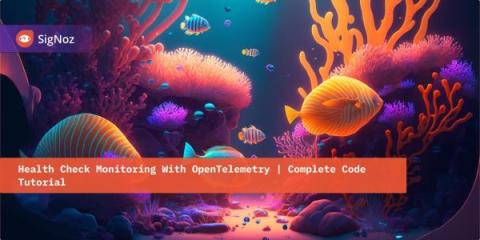Best Practices for Kafka Broker Management
Kafka brokers are the backbone of your data streaming architecture. They’re responsible for storing, distributing, and managing large amounts of data in real-time. As your Kafka cluster scales, keeping those brokers healthy, optimized, and resilient becomes more critical than ever. Proper broker management ensures that your data streams are running smoothly, that performance is maximized, and that any faults are handled without major interruptions.











